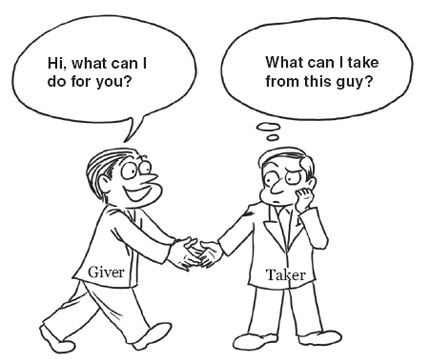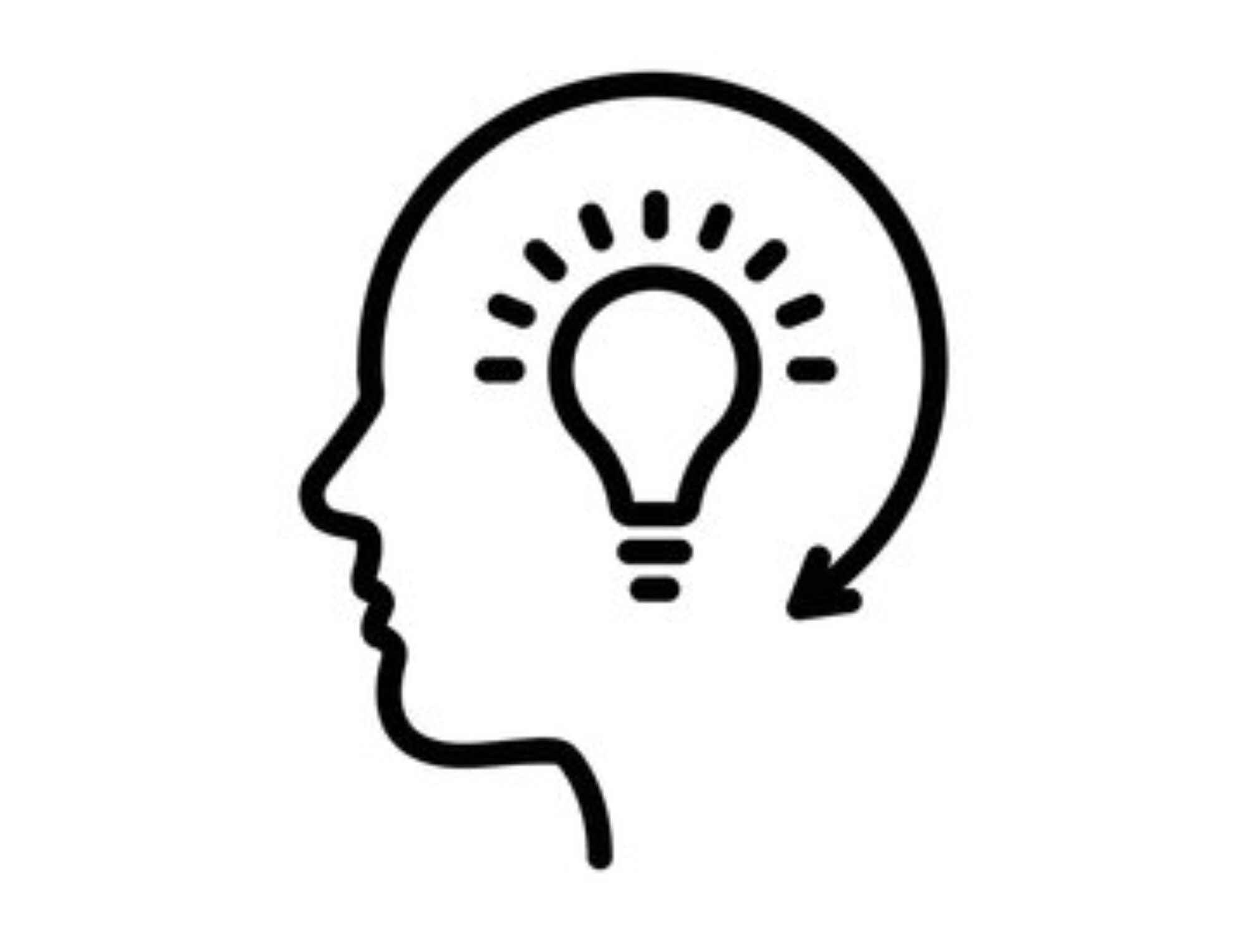I am someone who works at a company, living the life of a corporate employee.
Being in the workforce means, receiving compensation and fulfilling tasks required by the company.
In many cases, it also involves working alongside colleagues and navigating social relationships.
Now, at this point where I’ve been in the workforce for over a decade,
my practical experience and proficiency in tasks at the company have greatly improved, and I rarely face difficulties in carrying out my duties.
However, I find myself increasingly contemplating the relationships with colleagues.
Unlike robots equipped with algorithms, our attitudes towards colleagues can vary depending on timing, circumstances, and emotions.
Lately, I’ve come to realize people inherently have different tendencies in how they interact with others.
Whether it’s in the workplace, at home, or within specific organizations, I believe these tendencies represent distinct categories that humans can be divided into.
Giver, Taker, and Matcher.
Those with a Giver tendency build relationships through acts of giving or sharing what they can.
On the contrary, Taker-oriented individuals seek to gain through others what they believe they deserve.
Matcher types are a blend of both, striving to balance the give-and-take, often referred to as “give & take.”
Reflecting on those around me, I can generally identify their tendencies and consider what position and strategy I can adopt to foster good relationships with them.

Illustration by Zhou Tao, source: sanghaidaily.com
The reason I’ve been pondering this is that, while I can’t be completely objective about myself, I see myself leaning towards the Giver type.
However, a colleague with whom I collaborate closely seems to strongly exhibit the traits of a Taker from my perspective.
This sometimes leads me to think of them as selfish, and it occasionally causes misunderstandings.
Yet, as mentioned earlier, understanding their tendencies and mine helps, though there are days when mutual understanding seems elusive.
Social interactions, unlike mathematical problems, don’t have clear-cut solutions, making them challenging.
Nevertheless, I now think of these interactions as part of the fun of living together with others.
